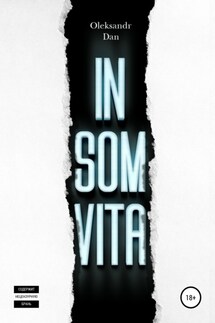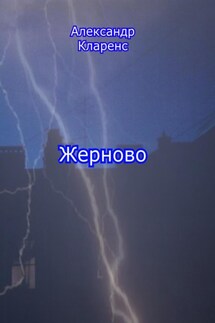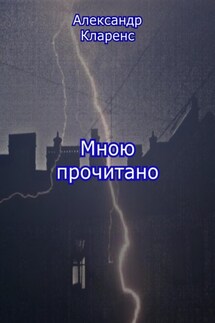Insomvita - страница 31
Robert, however, knew that if Mr. Zimme had been poisoned, then his illness and replacement with another gemologist were links in a single chain. It all looked very suspicious. The 5 % penalty clause for breaking the deadline was a demand of the Russians, the seller.
Robert looked around the room again. Everybody was talking quietly and waiting for the gemologist to finish. He looked intently at the gemologist and was suddenly struck by a strange idea. He had to test it, but not raise suspicion.
He approached Kone and asked in Bambara[18]: “E be moun fo, a kani?[19]” Robert decided to ask a question in the language Trevor from his dreams was fluent in. He had never used this language, but if Kone was who he said he was, then he must understand him. Almost everybody in Conakry speaks Bambara, as well as French.
However, Kone did not reply. He held a big round diamond in his hands and acted as if he hadn’t heard Robert.
“A be dioli soro sissan?[20]” Robert asked and drew closer to Kone.
The gemologist remained silent, looking intently at the diamond through his loupe, as if nothing had happened.
The Arabs noticed the gemologist’s unresponsiveness and fell silent. The Czechs, it seemed, grew nervous and one of them picked up his phone and quickly exited the room.
A bank officer entered and asked Robert what had happened.
Robert stared at Kone, still waiting for answers to his questions, but Kone remained silent. He was still examining the same diamond. Rather, he was not so much examining is as simply staring at it. And he seemed to have stopped breathing.
One of the Czech men broke the silence. With a common Czech accent he said hesitantly: “Everything is fine. Some just can’t take it they see those diamonds. Big money, big anxiety."
Mehmet approached Robert and asked what happened.
Robert looked at the sheikh, then at Mehmet, and answered in Arabic: “No, not alright, gentlemen. This man is not who he says he is. He is not Guinean. And most likely his name is not Kone. I was just informed that our gemologist, Mr. Zimme, was poisoned."
The sheikh nodded and one of his bodyguards approached the Czech and the other – the gemologist. The bank officer called the bank’s security.
Dumbfounded and sweating profusely, Kone looked around and with trembling hands lowered the stone into the metal box, as though defeated.
The scam was simple, but daring and craftily elegant.
Mr. Zimme, whom the Arabs trusted fully, had performed the first examination of the diamonds. Then he was sidelined. Poison was the simplest way to go and, seeing as Zimme was polite and friendly, did not require additional preparation. While he was distracted by conversation, someone slipped a small dose of poison into the gemologist’s food.
If the Arabs were to go back on the deal in the absence of the gemologist, they would have been forced to pay the fifty-million-dollar penalty. Nobody wants to lose this kind of money on an almost closed deal. Naturally, the buyer would approach top gemologists in Antwerp or Israel in search of an experienced professional. On their side, upon getting the information about the gemologist chosen by the buyer, the scammers took steps to ensure that he was unavailable by offering him a better job which he could not refuse.
Then using an employee of the Israel exchange, who suspected nothing, the scammers offered Mr. Kone, who was known and respected there. To replace Kone with their own person, a gemologist, was just a technicality. Nobody really cared where the real Mr. Kone was at the moment, as a beneficial contract worth over a billion dollars or a huge penalty for disruption of the deal was at stake.






